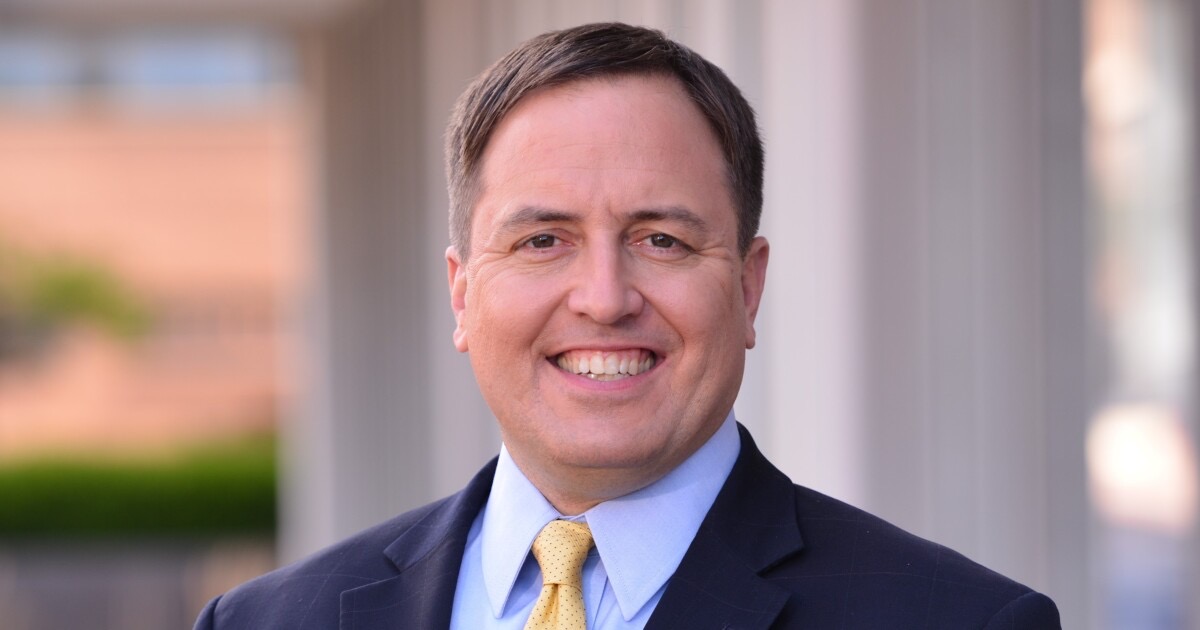Opposition to Environmental, Social, and Governance Practices (ESG) is growing as Congress and Attorneys General from across the country highlight the practices causing big banks, asset managers, and financial advisors to take ESG pledges that violate their fiduciary responsibilities to their investors.
ESG and the Corporate Equality Index (CEI) are part of the so-called “ethical investing” movement being pushed by progressives, activist shareholders, and proxy voters, driving investments toward liberal priorities that are in conflict with investors’ interests.
When banks or asset managers control the holdings of thousands, if not hundreds of thousands of investors, they have tremendous power in the markets. When those same banks and asset managers use that power to push ESG goals over investor returns, they are defrauding the investor.
CEI was created by the Human Rights Campaign (HRC), the nation’s largest LGBTQ+ lobbying organization. Companies are given a CEI score and can lose points if they don’t comply with HRC’s demands. Those demands include a host of progressive social priorities that have nothing to do with maximizing investor returns. Within companies, it is now common to see Diversity, Equity, and Inclusion (DEI) officers enforcing the dictates of HRC’s index.
ESG investing opposes fossil fuels, pushes unionization of private companies, pushes radical racial and gender equity over merit, and flexes their influence over who is chosen to sit on corporate boards.
Huge asset managers, led by BlackRock and State Street, who are some of the largest shareholders of many of the biggest companies in the world, impose ESG and CEI on the companies they’ve invested in, even when it means overriding the boards of those companies.
This amounts to a complex system that forces corporations and their boards to comply with a political agenda at odds with the companies’ interests, their corporate boards, and the pensioners and investors who’ve entrusted their savings to these banks and asset managers.
And this not just about politics, it is also about our economic and national security. Often these investments represent a diversion from the economic, energy, and national security needs of the United States. Additionally, these changes drive up the cost of goods, which has a broad impact on the U.S. economy.
As Congressman James Comer (R-KY), Chairman of the House Committee on Oversight and Accountability said at a May congressional hearing, “ESG is a political movement that is impacting consumers and not just investors.”
Congressman Gary Palmer (R-AL), who also serves on the committee, said, “What we are seeing with ESG-driven investments is not only a threat to our economy, but also a threat to our food supply. It’s also a huge help to China.”
As Secretary of State, I oversee the state’s securities industry. In a free market economy, we can’t prevent investors from investing in anything they want to. But we can require those who are entrusted with Missourians’ retirement savings to put their interests ahead of progressive activists. On June 1, I issued a rule that requires consent from investors acknowledging their choice to surrender higher returns for non-financial objectives. I did so in the wake of the legislature’s failure to advance legislation that would protect investors. Georgia, Mississippi, and Wyoming are some of the states following Missouri’s leadership on ESG.
Any investor who wants to invest in companies compliant with ESG and CEI practices are entitled. But every investor, whether willing ESG/CEI investors or not, is entitled to know when a bank or asset manager chooses to invest their pension or portfolio in a way that sacrifices the maximum return.

John R. “Jay” Ashcroft is Missouri’s 40th Secretary of State, elected in November 2016, and again in 2020.





